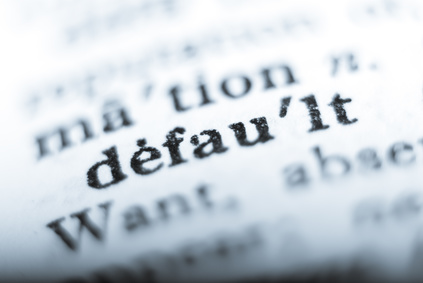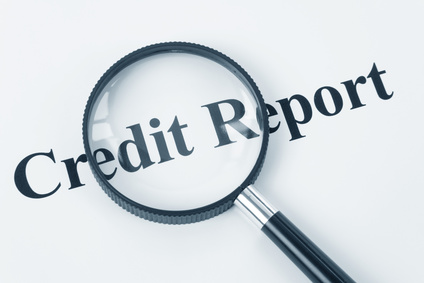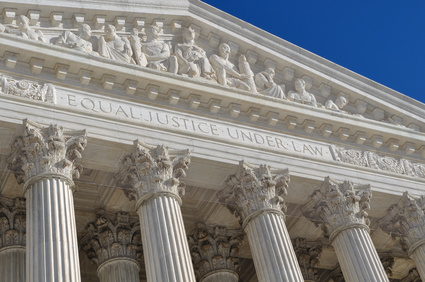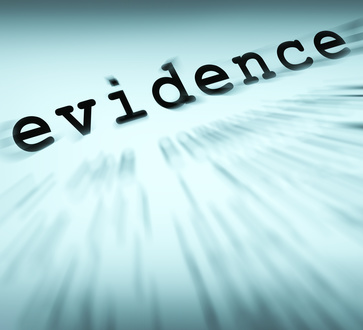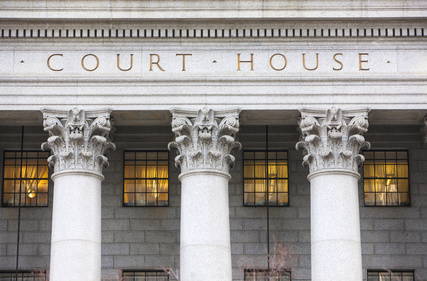Filing a proof of claim with a bankruptcy court representing a debt subject to an expired state law limitations period does not violate the federal Fair Debt Collection Practices Act (FDCPA) under an opinion released yesterday from the Seventh Circuit Court of Appeals. Under the ruling, in Owens v. LVNV, the Seventh Circuit joins the Eighth Circuit Court of Appeals in rejecting the Eleventh Circuit’s holding under Crawford v. LVNV that such proofs of claim violate the FDCPA. A copy of the opinion is available at: Link to Opinion. In this consolidated appeal of three cases, debt purchasers or their attorneys had…
Posts published in “FDCPA”
Fair Debt Collection Practices Act
On July 10, 2014, the United States Court of Appeals for the Eleventh Circuit issued its opinion in Crawford v. LVNV Funding, LLC. That opinion began by decrying the “deluge” of proofs of claim filed by debt buyers on debts that are unenforceable under state statutes of limitations. It ended by holding that the filing of a “stale” claim in bankruptcy violates the Fair Debt Collection Practices Act. As expected, the Eleventh Circuit’s opinion led to another sort of deluge: numerous FDCPA claims based upon the filing of proofs of claim or other collector conduct in bankruptcy. While courts across…
The U.S. Court of Appeals for the District of Columbia recently held that, under the federal Fair Debt Collection Practices Act (FDCPA), a collection letter from a law firm did not misrepresent any meaningful involvement by an attorney. Because the letter clearly stated that the law firm was acting as a debt collector, and that no attorney with the law firm had reviewed the debtor’s account, the D.C. Circuit held the letter was not deceptive as a matter of law. A copy of the opinion in Tawanda Jones v. David Dufek, Sr. is available at: Link to Opinion. A borrower owed…
In an unpublished opinion, the U.S. Court of Appeals for the Eleventh Circuit recently held that a consumer alleging that she did not receive disclosures required by the federal Fair Debt Collections Practices Act (FDCPA) sufficiently alleged that she suffered a concrete injury, and thus satisfied the standing doctrine’s injury-in-fact requirement under Article III of the U.S. Constitution. In so ruling, the Court confirmed that the FDCPA only applies to debts that are in default when the debt collector obtained them, rejecting the consumer’s argument that “a debt can be in default before the debtor is ever asked to pay…
In a case involving the enforceability of so-called “clickwrap” web-based agreements, the U.S. Court of Appeal for the Eleventh Circuit recently affirmed the denial of a defendant’s motion to compel arbitration, holding that the defendant failed to prove the existence of an agreement to arbitrate. Because the Court found that the defendant offered no competent evidence to demonstrate the existence of a genuine issue of material fact concerning the existence of an arbitration agreement, the debt buyer’s motion to compel arbitration must be denied as a matter of law without the need for a trial. A copy of the opinion…
The U.S. Court of Appeals for the Eighth Circuit recently held that “[a]n accurate and complete proof of claim on a time-barred debt is not false, deceptive, misleading, unfair, or unconscionable under the FDCPA.” In arriving at this holding, the Court declined to follow the Eleventh Circuit’s rulings in Crawford and Johnson. A copy of the opinion in Nelson v. Midland Credit Management, Inc. is available at: Link to Opinion. As you may recall, in Crawford v. LVNV Funding LLC, the Eleventh Circuit held that a debt collector violates the FDCPA when it files a proof of claim in a bankruptcy case…
The U.S. District Court for the Eastern District of New York recently granted summary judgment in favor of a debt collector, holding that the debt collector did not violate the federal Fair Debt Collection Practices Act (FDCPA), 15 U.S.C. § 1692, et seq., by reporting a debt as “deleted” rather than “disputed,” and by asking probing questions in response to a call from the consumer disputing the debt. In addition, the Court denied the plaintiff’s motion for class certification on ascertainability grounds, holding that trying to decipher the debt collector’s summaries of its calls with the putative class members would not be…
The U.S. District Court for the Middle District of Pennsylvania recently denied a debt collector’s motion to dismiss, holding that a collection notice describing the potential tax consequences of settlements involving cancellation of indebtedness of $600 or more may be misleading or deceptive to the least sophisticated consumer. A copy of the opinion in Balon v. Enhanced Recovery Company, Inc. is available at: Link to Opinion. A consumer filed a complaint against a debt collector alleging the defendant supposedly violated the federal Fair Debt Collection Practices Act (FDCPA) by sending a letter that stated that “any indebtedness of $600.00 or more,…
As you may recall from our prior updates, the U.S. Court of Appeals for the Second Circuit recently reversed a district court’s ruling that federal National Bank Act preemption applicable to the loan originator allowed a non-bank consumer debt buyer to charge interest in excess of state usury limits. In so ruling, the Second Circuit noted that, “[a]lthough it is possible that usury laws might decrease the amount a national bank could charge for its consumer debt in certain states (i.e., those with firm usury limits, like New York), such an effect would not ‘significantly interfere’ with the exercise of…
The U.S. Court of Appeals for the Ninth Circuit recently held that the discovery rule applies equally regardless of the nature of the federal Fair Debt Collection Practices Act (FDCPA) violation alleged by a plaintiff. Therefore, according to the Ninth Circuit, the FDCPA statute of limitations begins to run in all cases when the plaintiff knows or has reason to know of the injury which is the basis of the action. A copy of the opinion in Lyons v. Michael & Associates is available at: Link to Opinion. The plaintiff consumer filed a lawsuit against the defendant debt collector alleging it…
The U.S. Court of Appeals for the Seventh Circuit recently held that neither extrinsic evidence of confusion, nor materiality, is required for claims under § 1692g(a) of the federal Fair Debt Collection Practices Act (FDCPA). The Court also held that a company that is itself a debt collector may be liable for the violations of the FDCPA by its debt collector agent. A copy of the opinion in Janetos v. Fulton Friedman & Gullace, LLP is available at: Link to Opinion. The defendant creditor allegedly acquired defaulted consumer debts owned by the plaintiffs and did not dispute that it was a debt…
The U.S. Court of Appeals for the Seventh Circuit recently held that the federal Fair Debt Collection Practices Act (FDCPA) does not prohibit debt collectors from filing a collection lawsuit without intending to proceed to trial to obtain a judgment. A copy of the opinion in St. John v. Cach, LLC is available at: Link to Opinion. The defendant debt collectors filed suit in state court to recover on the plaintiffs’ delinquent credit card accounts. When the debtors contested the collection lawsuits, the debt collectors moved to voluntarily dismiss the actions with prejudice. The plaintiff debtors then sued the debt collectors…




